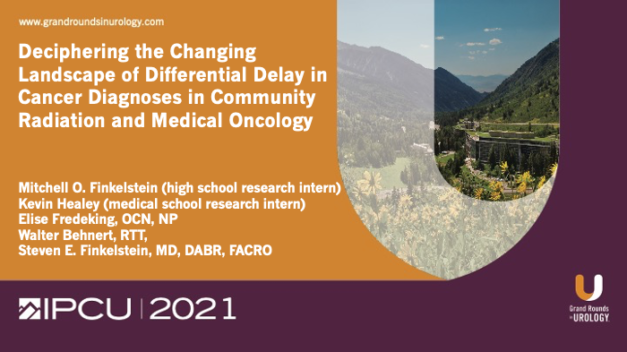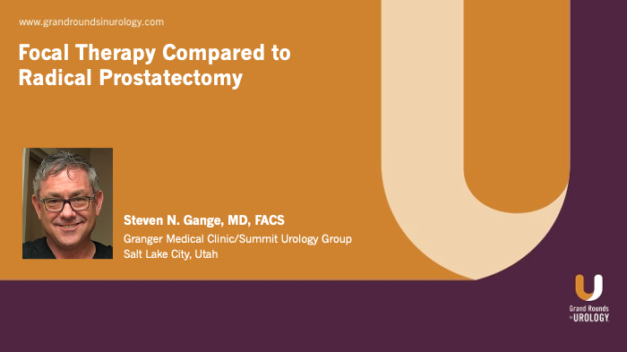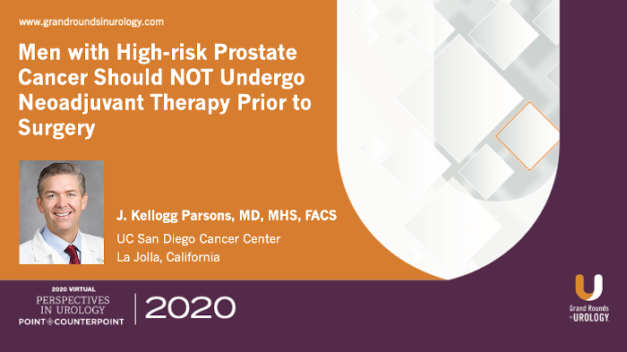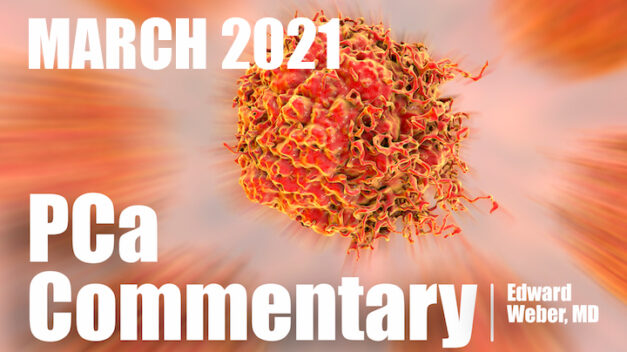Deciphering the Changing Landscape of Differential Delay in Cancer Diagnoses in Community Radiation and Medical Oncology
Mitchell O. Finkelstein (high school research intern), presented this presentation during the 31st Annual International Prostate Cancer Update in July 2021, in Snowbird, Utah.
Read More



